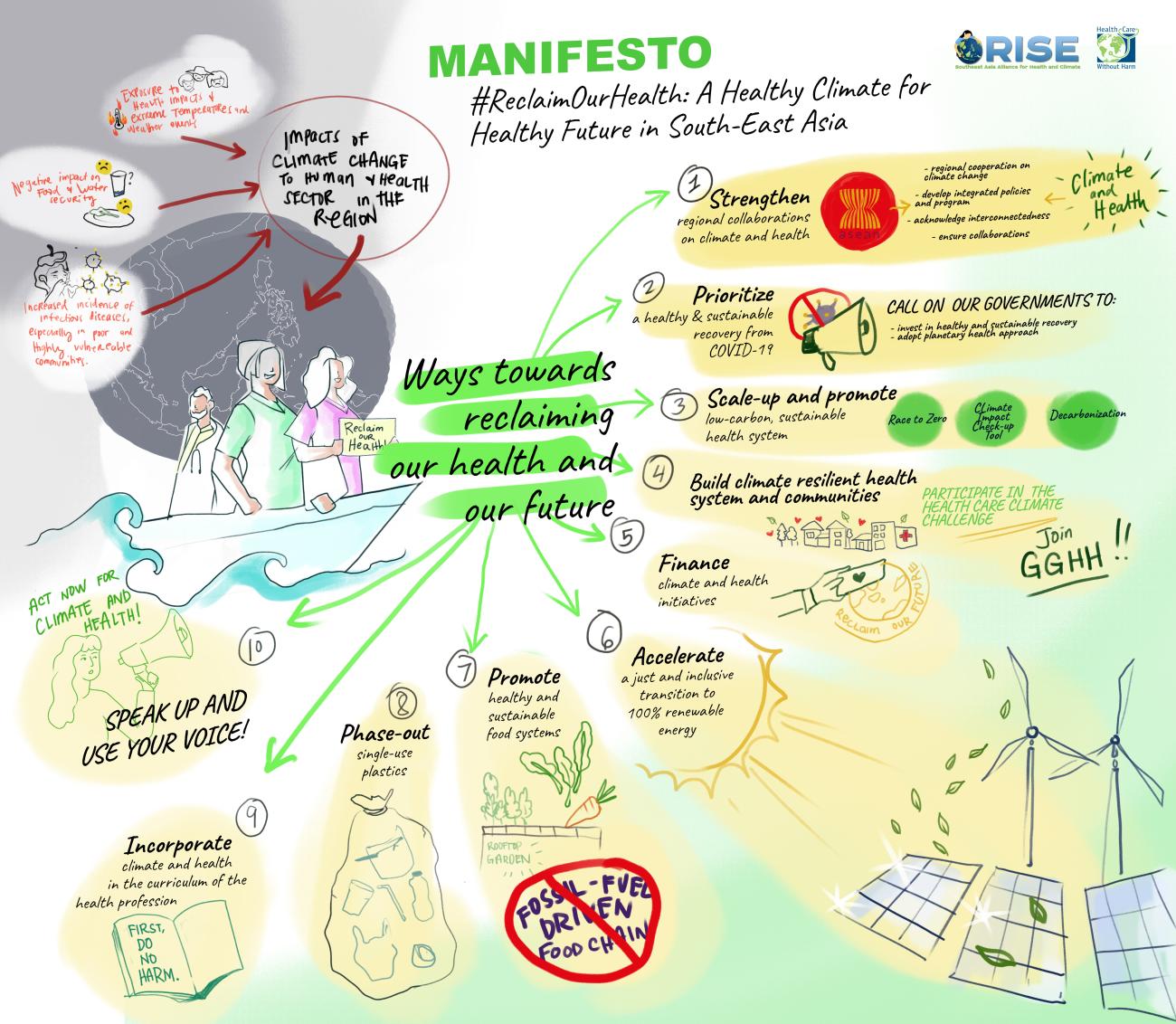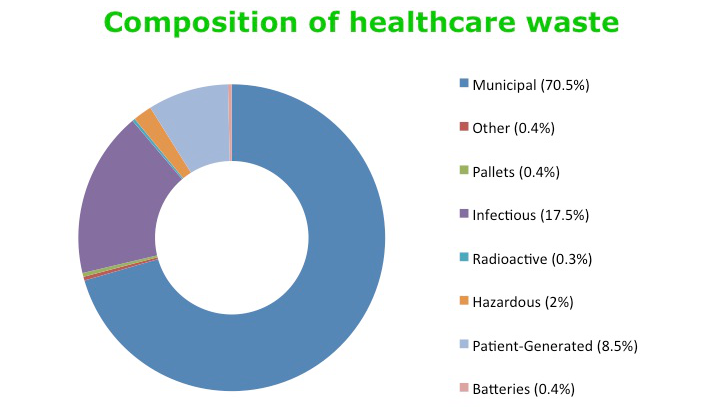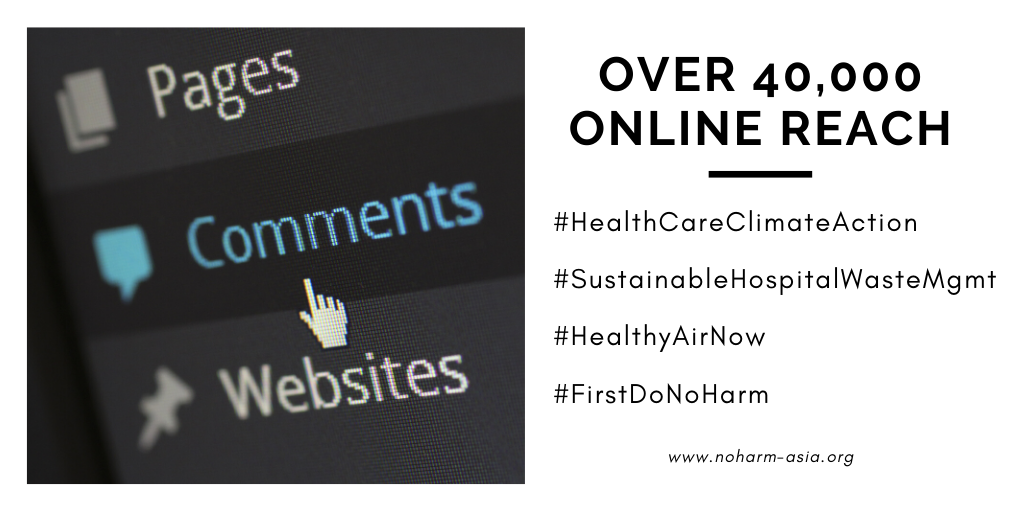South-East Asia is one of the regions bearing the heaviest burden of climate change. The impacts of climate change to human health and the health sector in this part of the world are clearly evident and have been increasingly prevalent.
If we look closely at the capacity of our countries to face and bounce back from climate-induced disasters, the region lags behind the rest of the world. This is compounded by challenges to provide a safe environment for all, grant access to health to the most vulnerable, and other health issues. This is because our region suffers from high levels of inequity and low levels of social protection amid a large informal sector; institutions weakened with regressions in peace and justice. All these happen while we have worrying extent of ecosystem damage, biodiversity loss, air quality, among others.
The recently published report of the Lancet Countdown on health and climate change highlighted these deepening inequities. The report shows that countries with low and medium levels of UN-defined human development index (HDI), such as those in the region, are more prone to the impacts of climate change.
These are real conditions that have the potential to overwhelm our countries, our health sector, and the health of our populations. Reaching and surpassing 1.5°C of global warming - which we are projected to breach unless transformational action is taken now - will have even more devastating impacts on health, further exacerbating inequities and suffering.

During the 1st anniversary gathering and regional meeting of RISE South-East Asia Alliance for Health and Climate on November 18, 2021, the Alliance recognized the initiatives and commitments of national governments and the health sector in the region to integrate health into climate action. However, there is still so much more that needs to be done. Our governments and the health sector have the opportunity to lead us in reclaiming our health and providing us a future that our children deserve - a future with healthy people, reduced inequity, and environmental sustainability.
In this light, the Alliance developed a #ReclaimOurHealth Manifesto that notes the vulnerabilities of countries in South-East Asia and the recommendations for health professionals, ministries, and national governments in pursuing a Healthy Climate to #ReclaimOurFuture.
The climate crisis is the biggest global health threat humanity has faced. There is a mountain of evidence and real life, unfortunate examples of how climate change is adversely impacting the health of South-East Asians. The level of risks for the current and future health of populations across the region will continue to increase if our health leaders, policymakers, and the rest of the health sector fail to do something about it.
We call on governments and the health sector in South-East Asia to recognize the urgent need for action and regional collaboration, to address the root causes of the climate crisis, and to transform healthcare systems so they become sustainable, climate-resilient, and equitable. In order to reclaim our health and our future, we must act now to change the present.


Download the full Manifesto, visual summary, and other materials here: https://bit.ly/RISE_MembershipKit
Event Details
Region
Southeast Asia